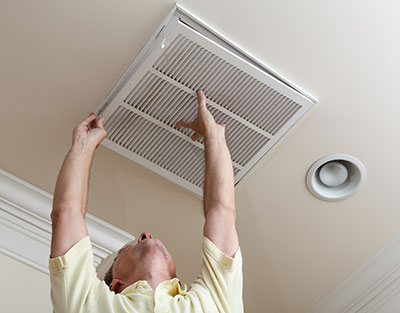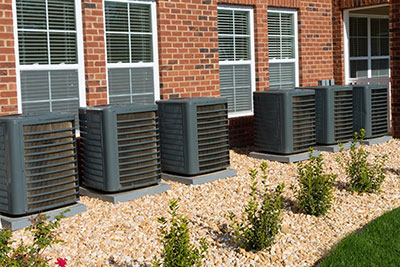Heater Replacement Grey Forest, TX
Call Us: 830-476-7664
24/7 Emergency Services Available

If you are considering replacing your current heater, or you’re unsure about whether you have a need for a replacement, consider some of these factors. First, think about your unit’s age. No matter how well you take care of your heating system or how quickly you address repair needs, no heater will last forever. The average gas furnace lasts about 18-20 years, while a heat pump can go for about 15 years before needing replacement—though some can wear out after a decade. Some heating issues occur due to old age, such as increased repair needs and system inefficiency. Neglecting maintenance can exacerbate these problems, but overall your heater’s lifecycle is defined by everyday use and natural wear and tear. As mentioned, one of the signs of old age is an increased need for repairs. A common question we get about frequent repairs is, “How often or how expensive should repairs be before a replacement makes more sense?” Generally speaking, if you are scheduling heater repairs 2-3 times a year, and/or if your next repair is going to cost over half of what the system is worth anymore, then replacement is very likely going to be a more cost-effective option for you.
Finally, ask yourself one last thing: Have you noticed a spike in your energy bills this past winter? It’s only natural that your heating bills will fluctuate, and rise considerably during the coldest part of the year. However, if you aren’t using your heating system any more often than you were last year—or your use is comparable to that of your neighbors—and you still notice a considerable spike, then chances are that your heater is not working as efficiently as it once was.
Finally, ask yourself one last thing: Have you noticed a spike in your energy bills this past winter? It’s only natural that your heating bills will fluctuate, and rise considerably during the coldest part of the year. However, if you aren’t using your heating system any more often than you were last year—or your use is comparable to that of your neighbors—and you still notice a considerable spike, then chances are that your heater is not working as efficiently as it once was.



